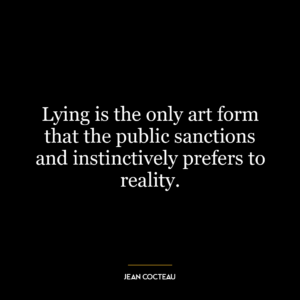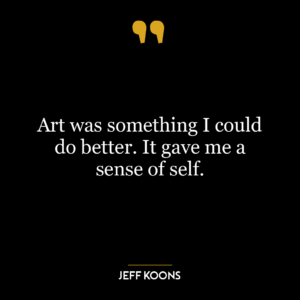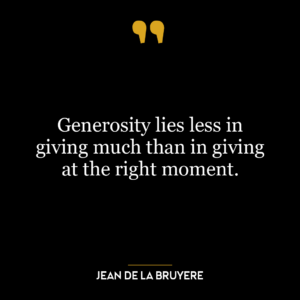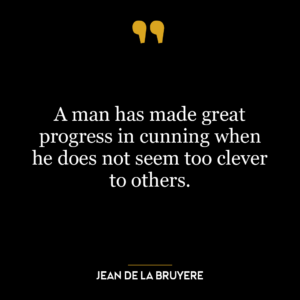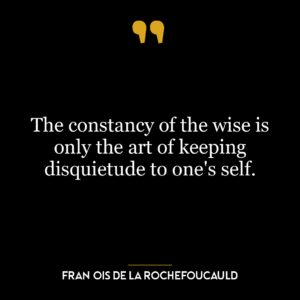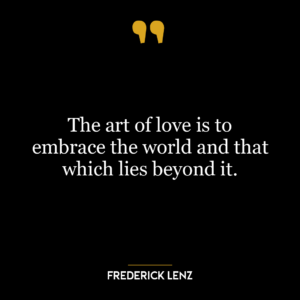The most common sort of lie is the one uttered to one’s self” is a profound statement that delves into the human tendency to deceive oneself. It refers to the self-deceptions we practice, either consciously or unconsciously, to avoid confronting uncomfortable truths about ourselves or our situations. This includes justifying our actions, downplaying our faults, or overestimating our abilities. Essentially, it’s about the stories we tell ourselves to maintain our self-esteem or to avoid cognitive dissonance.
In the context of personal development, this quote is a reminder of the importance of self-honesty. It emphasizes that growth and improvement cannot occur if we are not truthful about our strengths, weaknesses, and areas that need improvement. By lying to ourselves, we create a false sense of security and hinder our progress. We might convince ourselves that we’re doing well enough and don’t need to change, or we might blame others for our problems instead of taking responsibility for our actions.
In today’s world, this concept is particularly relevant. In the age of social media, it’s easy to present a curated, idealized version of ourselves to the world, and to begin to believe in this version. We might convince ourselves that our lives are better than they actually are, or that our problems are not as serious as they seem. This self-deception can prevent us from addressing issues that need to be dealt with, and can lead to a disconnect between our perceived selves and our actual selves.
Moreover, in a broader societal context, this quote can be applied to various phenomena such as political propaganda and fake news. Individuals may choose to believe in untruths that align with their pre-existing beliefs and narratives, thereby lying to themselves to avoid confronting realities that may challenge their worldview.
In conclusion, this quote is a call for introspection, honesty, and the courage to confront uncomfortable truths. It underlines the idea that personal and societal growth stems from the ability to see things as they truly are, not as we wish them to be.






